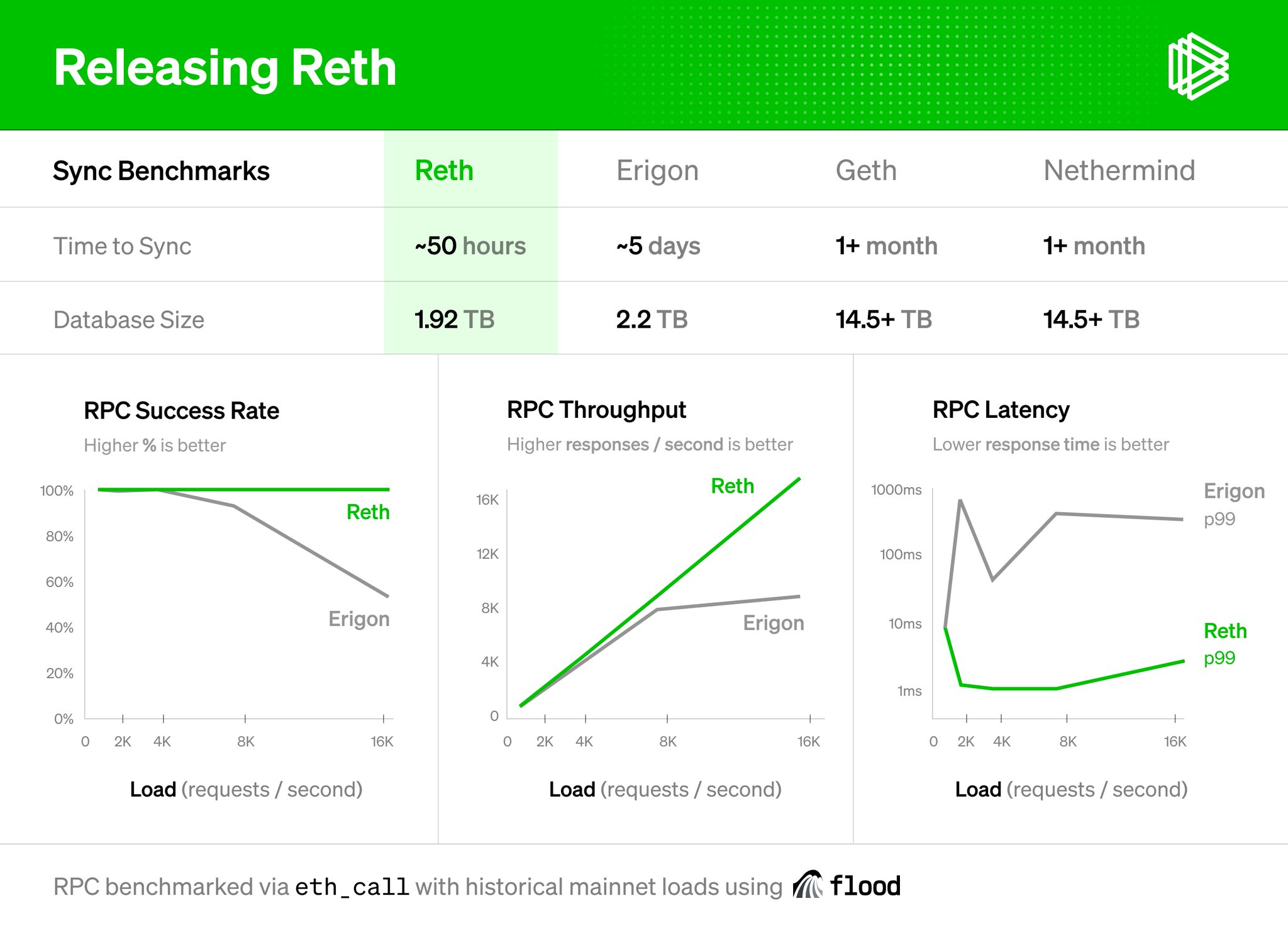AtHeartEngineer
Integrity of the model, inputs, and outputs, but with the potential to hide either the inputs or the model and maintain verifiability.
Definitely not reasoning, that's a whole can of worms.
Zk in this context allows someone to be able to thoroughly test a model and publish the results with proof that the same model was used.
Blockchain for zk-ml is actually a great use case for 2 reasons:
- it's a public immutable database where people can commit to the hash of some model they want to hide.
- It allows someone with a "model" (that doesn't have to be a neural net, it could be some statistical computation) and verifier to do work for others for a fee. Let's say I have a huge data set of property values/data for some given area, and I'm a real estate agent, and I want to have other people run some crazy computation on it to predict which houses will likely sell first in the next 30 days. I could post this challenge online with the data, other people could run models against that data and post their results (but not how they got them) on chain. In 30 days the real estate agent could publish the updated data and reward the best performer, and potentially "buy" their model. You could do this with a centralized service, but they would likely take a fee, keep things proprietary, and likely try to make some shady back room deals. This removes the middleman.
Ahh, ya, so this is a deep rabbit hole but I will try to explain best I can.
Zero knowledge is a cryptographic way of proving that some computation was done correctly. This allows you to "hide" some inputs if you want.
In the context of the "ezkl" library, this allows someone to train a model and publicly commit to it by posting a hash of the model somewhere, and someone else can run inference on that model, and what comes out is the hash of the model and the output of the inference along with a cryptographic "proof" that anyone can verify that the computation was indeed done with that model and the result was correct, but the person running the inference could hide the input.
Or let's say you have a competition for whoever can train the best classifier for some specific task. I could train a model and when I run it the test set inputs could be public, and I could "hide" the model but the zk computation would still reveal the hash of the model. So let's say I won this competition, I could at the end reveal the model that I tried, and anyone would be able to check that the model I revealed and the model that was ran that beat everyone else was in fact the same model.
The model that is doing the inference is committed to before hand (it's hashed) so you can't lie about what model produced the inference. That is how ezkl, the underlying library, works.
I know a lot of people in this cryptography space, and there are definitely scammers across the general "crypto space", but in the actual cryptography space most people are driven by curiosity or ideology.
Ya that's what I thought too.
Most of the people that I know that make decent money don't use the service, but the people that work at restaurants or do gig work occasionally do... I don't understand
I agree. I switched from Roku to apple tv recently (and I don't really have apple devices), and it was worth it.
Try endeavoros, it's an opinionated arch with a simple installer
OPM also houses all the clearance applications and associated investigation paperwork. Great..
Prohibition of technology import is insane, how fucking moronic.

Let's do it